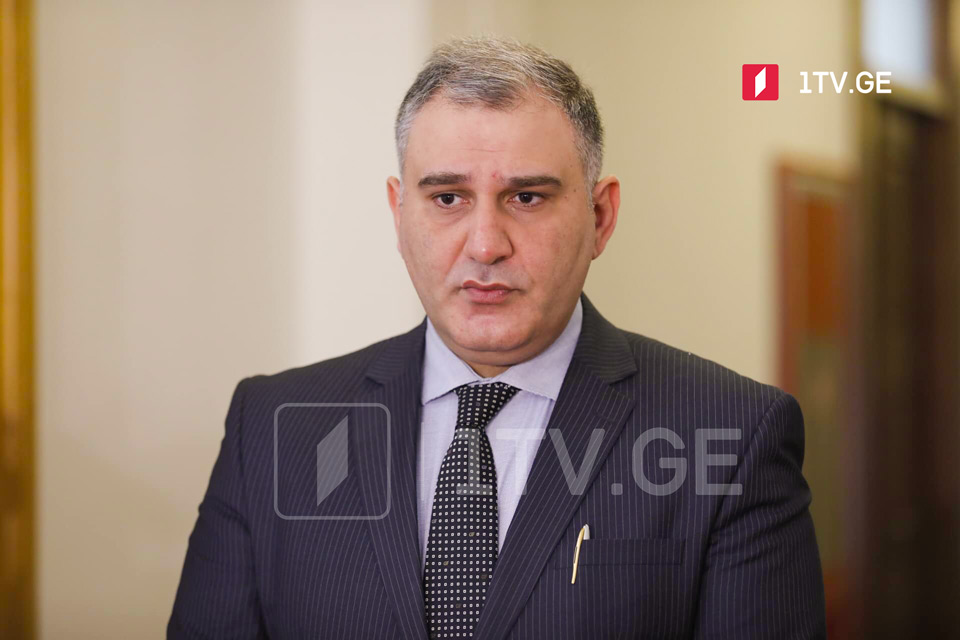No basis to assert oligarchy means one thing in Ukraine while something entirely different in Georgia, MP Sarjveladze says
Mikheil Sarjveladze, MP of the ruling Georgian Dream (GD) party, said the Georgian parliament would continue to discuss the draft law on de-oligarchization during the current session week.
According to Sarjveladze, the opposition has no basis to assert that oligarchy means one thing in Ukraine or in Ukrainian and something entirely different in Georgia or in Georgian.
“In the course of these discussions, I would like to recall several important circumstances of this topic and draw the public’s attention to them so that the public has the opportunity to see the truth.
We all remember the main problem that the opposition has been discussing with the public and our international partners over the last few years. For years, much of the opposition was busy talking about how Ukraine and Moldova had advanced compared to Georgia, suggesting that the reason for this was, among other things, dealing with the oligarchy,” Sarjveladze said.
According to the lawmaker, the opposition simply could not think of anything against Bidzina Ivanishvili, who has built up a great reputation entirely in good faith and not through oligarchy.
“It was precisely through such “diligence” of the opposition that the clause on deoligarchization was included in the so-called 12 preconditions, and Georgia must now take steps to convince the European Commission of the seriousness of the steps taken in the said direction.
We should pay attention to the aspect that both Ukraine and Moldova have received a recommendation regarding deoligarchization, with one difference: The European Commission advised the state that had adopted the law on so-called deoligarchization to work on the implementation of this law,” Sarjveladze added.
The GD MP also explained that the Georgian opposition is trying to criticize the authorities because, to fulfil the precondition of so-called deoligarchization required to obtain EU membership candidate status, they took the Ukrainian law of deoligarchization and its key principle, which was positively assessed by the President of the European Commission and the European Commission in general, as the working version, tailored it to the Georgian legal system, and proposed it to the parliament for consideration.
“I would like to ask the public to imagine, for a moment, had Georgia not started its work based on the Ukrainian project, how many times would the opposition have said the following: Why is it necessary to reinvent the bicycle? The authorities do not want to take real steps, and so on.
But it is more important to ask the following question: Won’t the European Commission itself be surprised and displeased if, to convince the European Commission in the area of deoligarchization, [Georgia] were to take steps other than those that the European Commission approves of?!” Sarjveladze concluded.

